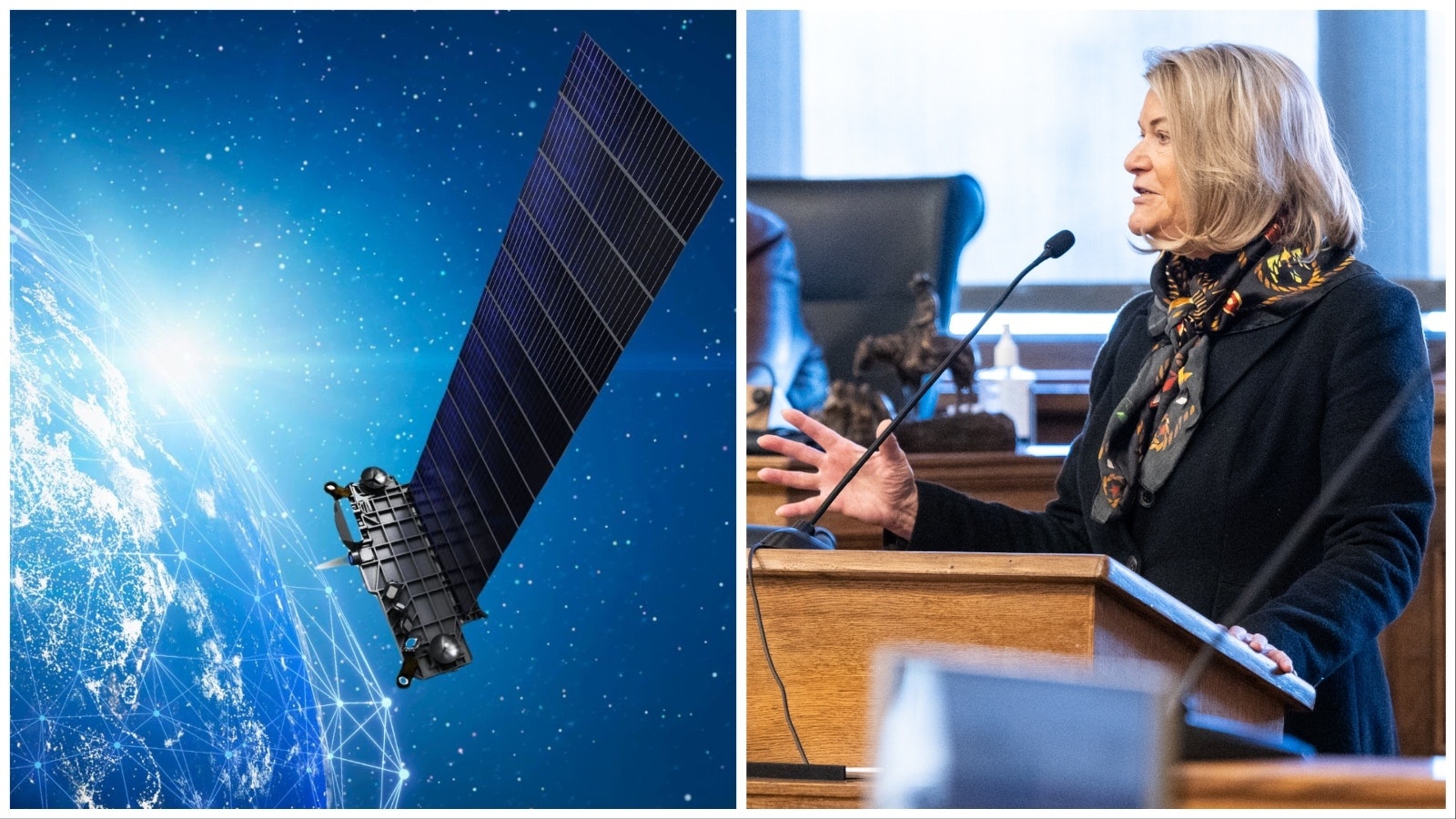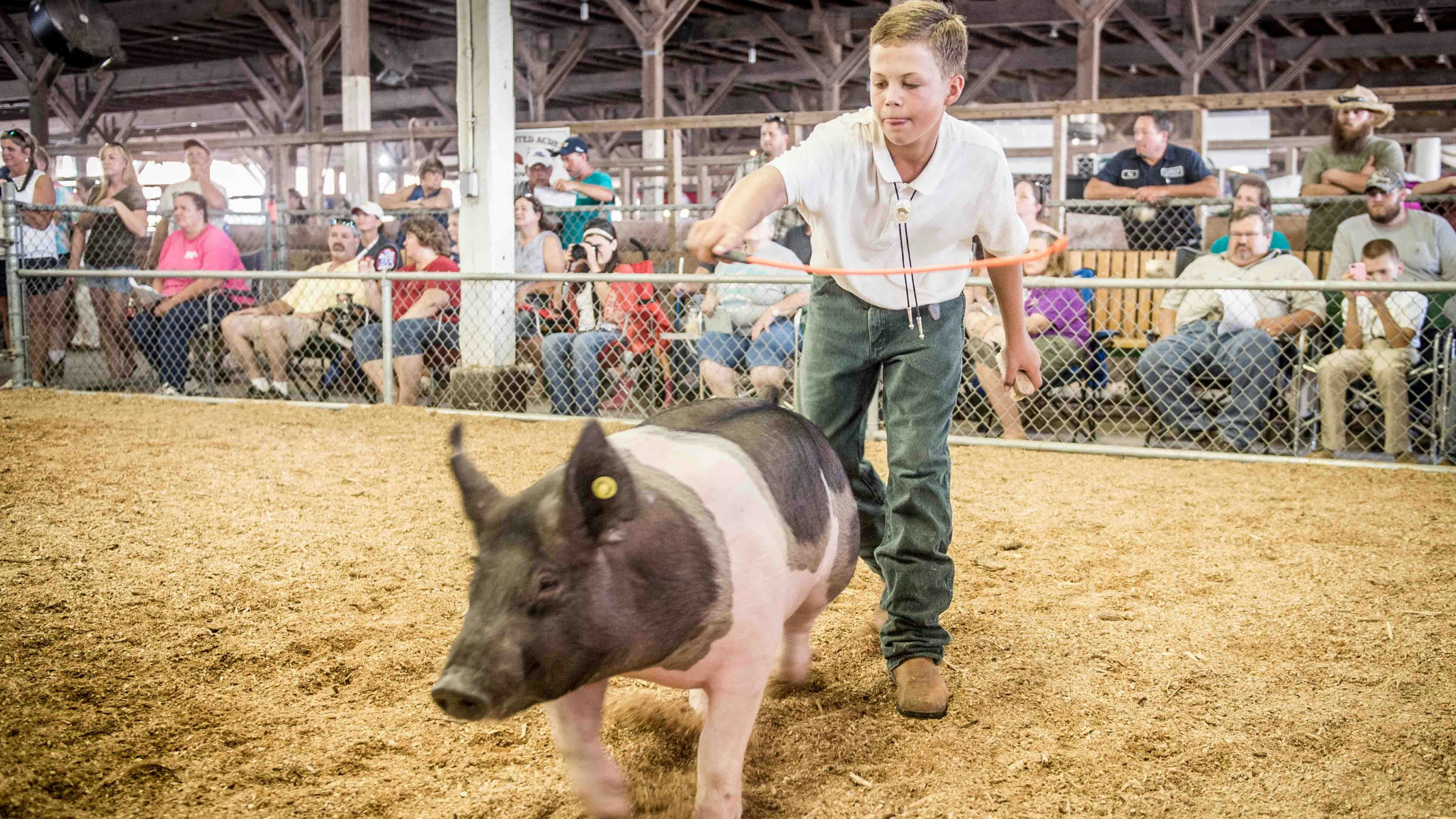U.S. Sen. Cynthia Lummis wants junk removed from outer space to protect satellites, including Starlink that provides vital internet service for much of rural Wyoming.
That’s why she’s co-sponsoring the ORBITS Act, legislation that would establish a NASA demonstration program to remove orbital debris and carry out other research and development to advance technology for removing space junk.
“The ORBITS Act will allow us to properly clean up space junk that threatens to crash into satellites that perform critical functions in the people of Wyoming's daily lives,” Lummis tweeted.
Many Wyoming residents rely on Starlink, a satellite service that can provide internet service to people in broadband-starved rural areas.
Space exploration is forecasted to become a $1 trillion economy by 2040.
Elon Musk’s SpaceX company is installing the Starlink satellites, which the company says will eventually provide high-speed internet services to almost every underserved rural area on the planet. SpaceX has expressed concern about the debris hindering its ability to do business in the past.
Some in Wyoming, like University of Wyoming Professor of Physics and Astronomy Daniel Dale, have also criticized Starlink for causing light pollution to the night sky with their “satellite trains,” clusters of small satellites released from SpaceX’s cargo rockets.
‘Dump Site’
The ORBITS Act would also direct NASA and other space agencies to publish a list of debris that poses the greatest risk to orbiting satellites. It’s possible the removal of space debris could create an entirely new commercial industry.
Lummis told Cowboy State Daily if there was garbage obstructing a vital thoroughfare in Wyoming, there would be no hesitation to remove it.
"We would not let junk sit in the middle of I-25 and we cannot allow junk to obstruct the paths of satellites in space," she said.
California Democratic Sen. Diane Feinstein, another co-sponsor on the legislation, has said that Americans have a responsibility to not turn space into “a dump site.”
“The federal government is tracking 47,000 objects larger than 4 inches in orbit, up nearly 50% over the last two years,” Feinstein said. “It’s estimated that more than 100 million objects larger than a millimeter are in orbit.”
Space Junk Problems
There are about 8,000 metric tons of debris orbit, including 900,000 pieces of individual junk that are potentially dangerous to satellites, according to a fact sheet on the bill.
The presence of outer space trash has become an increasing problem in recent decades.
In July, a cylindrical object about the size of a small car washed up on a remote Australian beach. It was determined the object was space junk from a rocket. In 2021, a large piece of space junk crashed into a farmer’s property in Washington state.
Lummis believes the ORBITS Act will kickstart the process of removing space junk.
“Space junk is not only dangerous to humans exploring space, it is also a major risk to satellites that people in Wyoming and around the country rely on for basic communication,” Lummis said while supporting the bill on initial introduction.
The ORBITS Act recently passed through theU.S. Senate Committee on Commerce, Science and Transportation and now heads to the full Senate for consideration.
Leo Wolfson can be reached at leo@cowboystatedaily.com.





